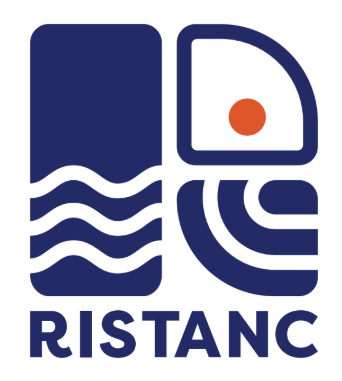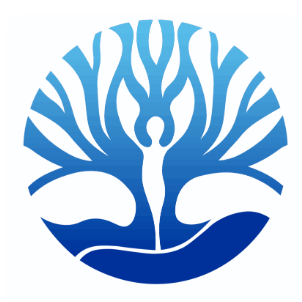
Plastic Pirates – Go Europe! initiative (CSA)
Ocean plastic pollution has become a major challenge for marine life and ecosystem. To tackle this problem, a better understanding of the pathways of plastic litter is urgently needed. This is where the Plastic Pirates come in: The Plastic Pirates – Go Europe! initiative investigates plastic waste pollution in European rivers, coasts, oceans, and seas. Using a large-scale citizen science approach, young people gather research data that is being analysed by scientists and researchers. Young people interested in science and the environment are given the opportunity to play a hands-on role in research. They decide which river, coast or sea to investigate for plastic pollution. They take the samples, measure, collect and enter the data gathered into a database. This way, they become an integral part of scientific research and gain knowledge on litter pollution of their local streams, rivers, and coastlines.
Plastic Pirates samplings take place in spring and autumn. Videos, booklets and teaching material explain how a sampling works in detail. Each step is an important building block for the scientific study and ensures that the data gathered is reliable and usable. First developed in Germany in 2016, the Plastic Pirates initiative is currently under way in 13 European countries: Austria, Belgium, Bulgaria, France, Germany, Greece, Hungary, Italy, Latvia, Lithuania, Portugal, Slovenia, and Spain. Thus, Plastic Pirates samplings take place in rivers, coasts, oceans, and seas all across Europe in a harmonised and standardised manner.






